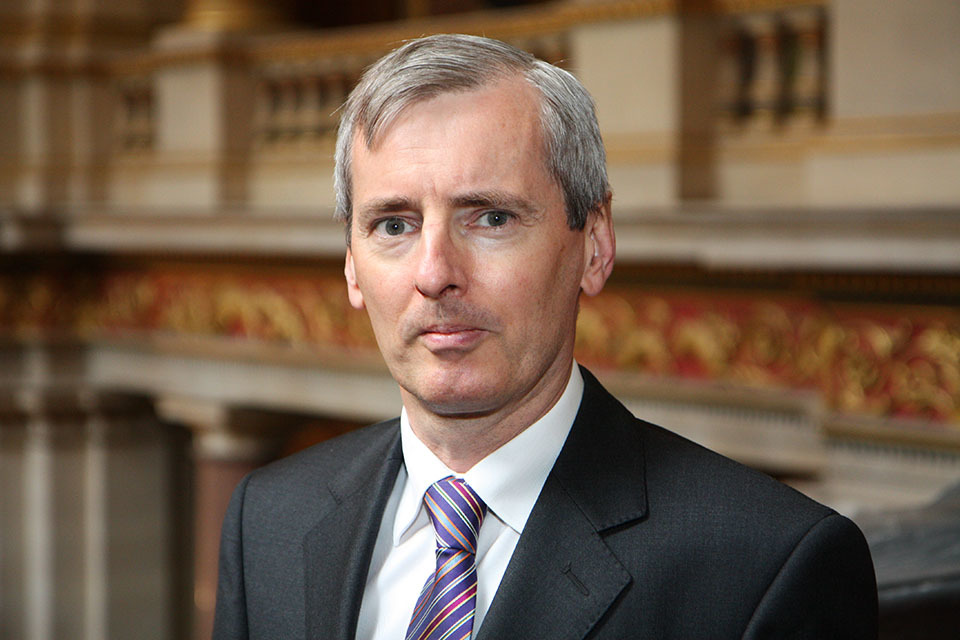A year on, Britain has much to learn from the fall of Kabul: article by Sir Laurie Bristow
Writing in Times Red Box, former UK Ambassador to Afghanistan Sir Laurie Bristow reflects on last year's evacuation effort in Afghanistan.

Things moved with incredible speed when the Afghan government and armed forces collapsed in August last year. As the Taliban closed in on Kabul, the US military commander in Afghanistan advised that they could attack the city within 24 to 48 hours and that there were not enough allied forces in place to defend the airport. The next day, President Ghani fled and the Republic fell.
The airport was overrun by thousands of desperate people, but their presence on the runway meant flights could not land or take off to evacuate people. Only when the airfield was secure could the evacuation begin in earnest.
In under 2 weeks, Operation Pitting brought over 15,000 people to safety. It was the biggest, most difficult and dangerous evacuation in living memory.
Operation Pitting was about people, not numbers. Our 10,000th evacuee was a girl called Usma. She told us she wanted to finish school and become a nurse.
Our diplomats and civil servants volunteered to go into the most dangerous city on the planet to help people to safety. Our soldiers put their own lives on the line to bring vulnerable people out of the crowds and our aircrews flew people to safety day and night.
People worked with enormous professionalism, compassion and courage. Eighteen-hour days were the norm. Everyone knew that downtime could mean someone lost their chance to leave. Everyone saw things you cannot unsee. The dangers were real. The terrorist attack close to the Baron Hotel killed over 170 Afghans, 13 US service men and women and three British Nationals.
The violence and chaos in which the 20-year Afghanistan campaign ended raised important questions about what we had been trying to achieve and why things ended in the way they did. It also raised important questions about the human cost, to the 457 British soldiers who lost their lives in Afghanistan, to those who were seriously injured, and to the Afghan people who are now living with the Taliban’s return to power.
We should learn from what happened. We shall surely face the challenges we encountered in Afghanistan again: terrorism, insurgency, narcotics, poverty, illiteracy, misogyny and rebuilding a failed state.
During my 32 years with the Foreign, Commonwealth and Development Office I have worked with some extraordinary people. I have never been prouder of our people than during those 2 weeks in Kabul airport.
This article was first published in Times Red Box.